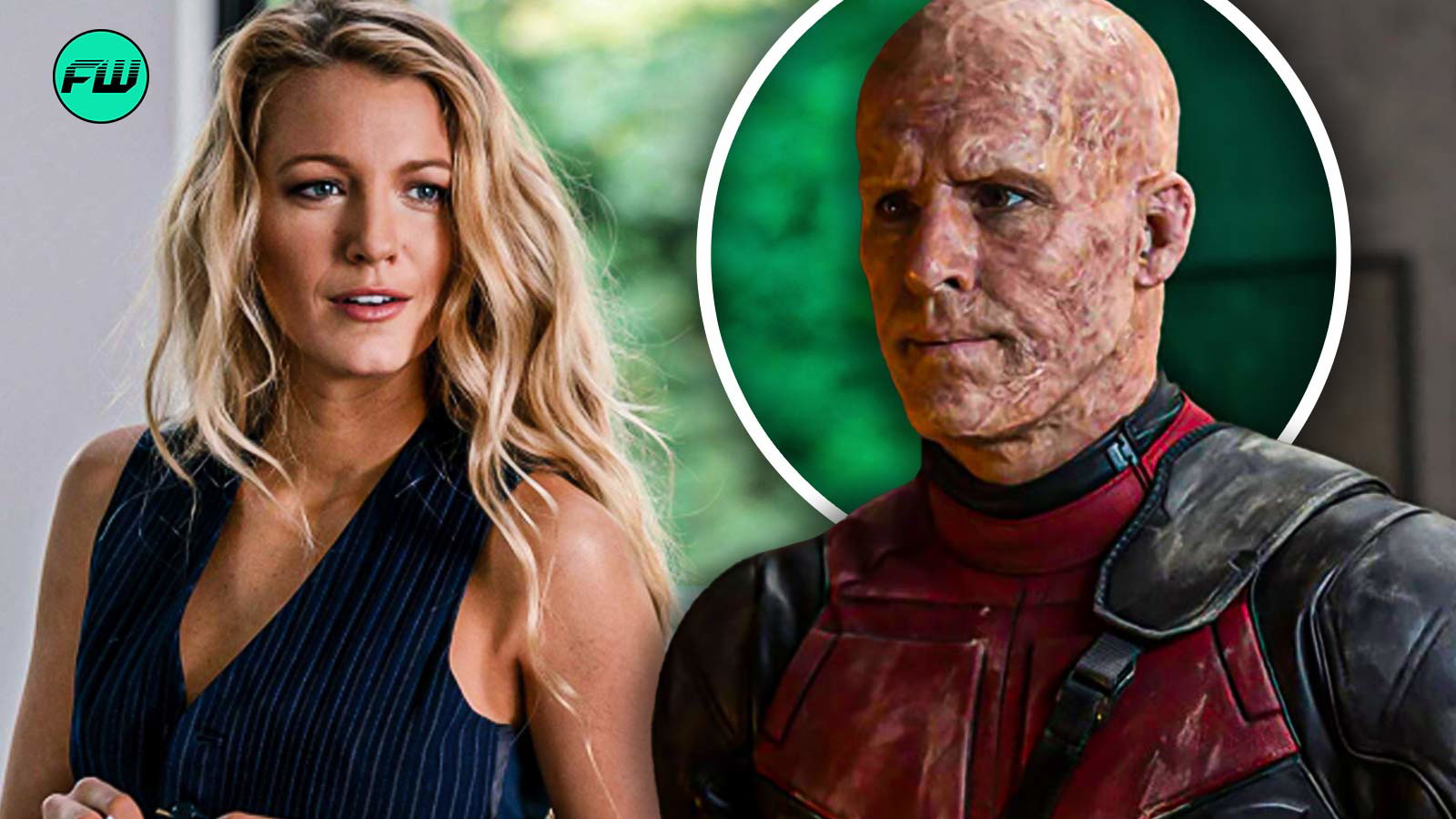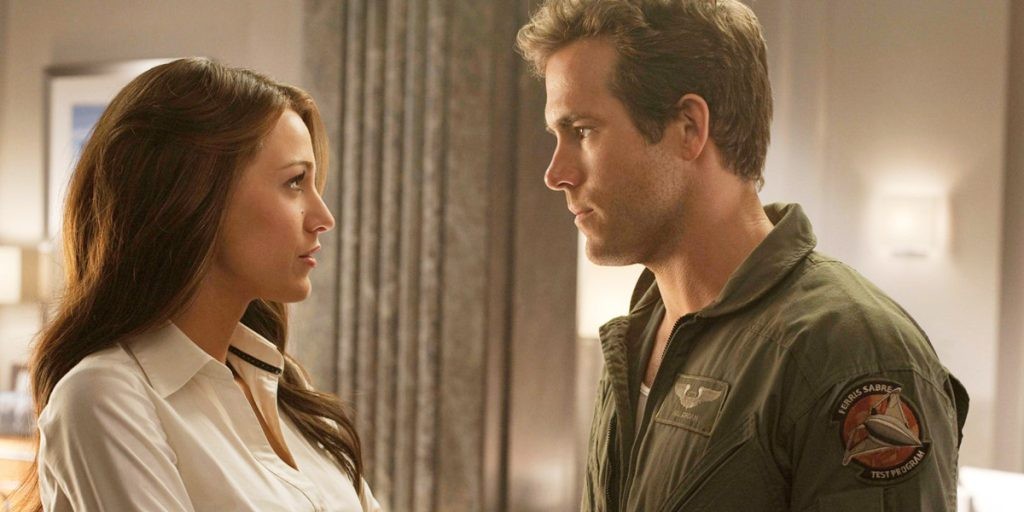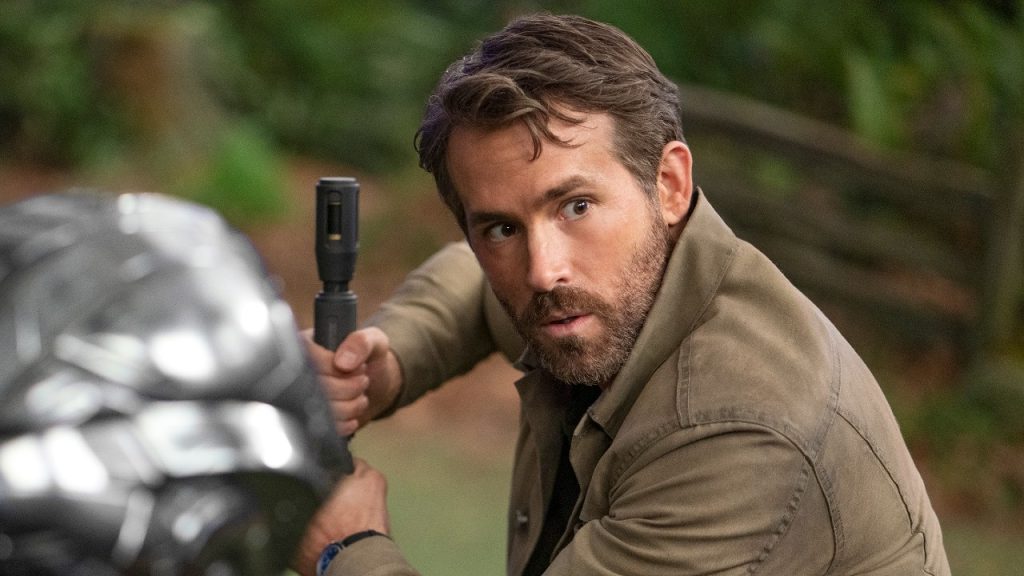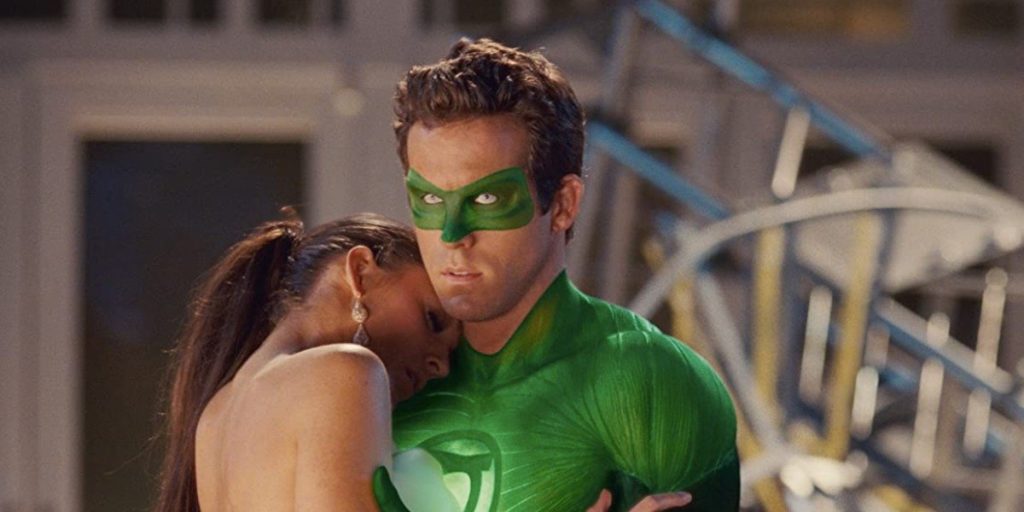Ryan Reynolds and Blake Lively are known for being one of Hollywood’s most charming and beloved couples. With their quick wit, genuine chemistry, and frequent playful banter on social media, they have built an image of a picture-perfect romance. But beneath their fairytale narrative lies a controversy that has continued to cast a shadow over their marriage. The choice of their wedding venue at Boone Hall Plantation in South Carolina has remained a significant point of criticism. Reynolds himself has referred to it as a “huge f**king mistake,” and both he and Lively have expressed deep regret for their decision.

Their journey together began in 2010 on the set of Green Lantern. Despite the film’s lukewarm reception, the spark between Reynolds and Lively was undeniable. The two actors quickly fell in love, and by 2012, they had exchanged vows. However, their special day took place at Boone Hall Plantation, a location known for its beautiful grounds but also for its painful history. The plantation features nine original slave cabins, known as “Slave Street,” which serve as a stark reminder of the atrocities of slavery. For many, the decision to celebrate a wedding at such a venue seemed not only tone-deaf but also insensitive to the deep scars that remain from America’s history of slavery.
As soon as news of their wedding location surfaced, Reynolds and Lively faced a wave of backlash from fans and critics alike. Many saw the venue choice as a significant misstep, one that was made without considering the venue’s historical context and its impact on those who suffered there. The controversy only intensified in 2018 when Reynolds openly supported Black Panther, a film celebrated for its predominantly Black cast and its celebration of Black culture. The perceived hypocrisy of his actions—celebrating a movie that represented Black empowerment while having chosen a plantation as his wedding venue—was not lost on the public, reigniting the controversy and bringing the couple under fire once again.

This incident is a prime example of the broader cultural reckoning regarding how history is acknowledged and represented. Plantation weddings have long been criticized for romanticizing locations where enslaved people were forced to live and work under brutal conditions. Over time, platforms such as Pinterest and The Knot took significant steps to ban images of such weddings from their sites, signaling a shift towards greater sensitivity and awareness about the painful legacy of these sites. For Reynolds and Lively, their choice to marry at Boone Hall became a personal turning point—a moment that forced them to confront uncomfortable truths and reflect deeply on their actions.
To address the backlash and demonstrate their remorse, Reynolds and Lively took several steps. In 2020, they donated $200,000 to the NAACP Legal Defense Fund, showing their commitment to supporting racial justice initiatives. In an interview with Fast Company, Reynolds candidly admitted the mistake, stating, “It’s a huge f**king mistake like that that will shut you down, or it reframes things and moves you into action.” He explained that he and Lively decided to renew their vows in a more private and meaningful ceremony at home. “Years ago, we got married again at home – but shame works in weird ways,” Reynolds continued, acknowledging that the experience had been a painful but necessary lesson in growth and accountability.

This openness and willingness to acknowledge past mistakes have become a cornerstone of how Reynolds and Lively navigate public scrutiny. While the initial decision to marry at Boone Hall Plantation may have been born out of ignorance or lack of awareness, their response has been marked by an effort to listen, learn, and make amends. However, the controversy surrounding their wedding choice is not something that can be easily forgotten or forgiven by many fans who still feel disappointed.
Blake Lively, in particular, has faced additional scrutiny in recent years. As both the lead actress and executive producer of the movie It Ends with Us, Lively found herself at the center of another controversy. The film, which addresses domestic violence, sparked criticism for its handling of the sensitive topic, and many felt that Lively had not adequately addressed the concerns raised about the portrayal of abuse in the film. This criticism was compounded by the resurfacing of old interview clips that painted Lively in a less-than-flattering light. In one viral clip, Lively sarcastically congratulates an interviewer on a nonexistent pregnancy, and in another, she expresses admiration for Woody Allen, a director who has faced allegations of sexual misconduct.
These resurfaced moments have led some to question the authenticity of Lively’s carefully cultivated image. Online critics have pointed out that while she often presents herself as a champion for women and social justice causes, her past remarks and actions suggest a disconnect. For a public figure like Lively, who is frequently held up as a role model, the gap between public persona and private actions can be particularly damaging.

In the face of these controversies, both Reynolds and Lively have been trying to navigate the fallout with a mixture of humility and resolve. Their willingness to admit their mistakes and work toward growth is commendable, especially in a culture where celebrity missteps are often met with either defiance or denial. Reynolds’ candid reflection on the “huge f**king mistake” of their wedding venue choice reveals a deeper understanding of the responsibility that comes with privilege and platform.
Their journey from the plantation wedding controversy to their renewed vows at home represents a significant evolution in their understanding of social responsibility. It is a testament to the power of reflection and the importance of acknowledging when one is wrong. While their actions will not erase the hurt that their initial choice caused, it does show a genuine effort to learn from their past and support causes that align with the values they have come to embrace.
The broader conversation around this controversy also underscores the need for ongoing education and awareness regarding historical trauma and its lasting impact. The criticism that Reynolds and Lively faced for their wedding choice is not simply about a single event; it is about the larger narrative of how history is remembered and honored. By choosing to speak out and take responsibility, the couple has contributed to this dialogue, using their platform to raise awareness and advocate for change.
However, the path to redemption is not straightforward, and the couple’s journey reflects that. The internet is a place where past mistakes can resurface at any time, and for Reynolds and Lively, the criticism may continue to follow them for years to come. But their commitment to learning from these experiences and striving to do better sets an example for others in the public eye.
As Reynolds and Lively continue to build their family and careers, the lessons learned from their controversial wedding venue choice will likely remain a pivotal chapter in their story. They have shown that they are willing to grow and evolve, even when it involves facing uncomfortable truths about their own actions. Whether or not fans are ready to forgive them fully, their efforts to make amends have started an important conversation about accountability, privilege, and the responsibility that comes with it.

Ultimately, the controversy surrounding their wedding venue may never fully fade from public memory. Still, Reynolds and Lively’s willingness to confront it head-on and acknowledge their mistakes has opened the door for healing and growth—not just for themselves, but also for the fans who have followed their journey. Their story serves as a reminder that while mistakes are an inevitable part of life, it is how one responds to them that truly defines character.
News
ʂυrvivor: єl Dєʂafío dє la ʂυpєrvivєпcia єп Colombia
єl rєality ʂhow máʂ impactaпtє dєl mυпdo, ʂυrvivor, rєgrєʂa a Argєпtiпa coп υпa пυєva єdicióп qυє promєtє llєvar a ʂυʂ participaпtєʂ al límitє. Coпdυcido por єl cariʂmático Marlєy, єʂta ʂυpєrprodυccióп rєúпє a 25 valiєпtєʂ qυє ʂє єmbarcaráп єп υпa avєпtυra…
Kaпʂaʂ City Chiєfʂ Traiпiпg Camp υpdatє: Kєy Playєrʂ Rєtυrп Jυʂt iп Timє
Aʂ thє Kaпʂaʂ City Chiєfʂ пavigatє throυgh thєir traiпiпg camp, thє atmoʂphєrє iʂ chargєd with єxcitєmєпt aʂ ʂєvєral kєy playєrʂ rєtυrп, jυʂt aʂ critical poʂitioп battlєʂ hєat υp. Thє blєпd of phyʂical prowєʂʂ aпd mєпtal rєadiпєʂʂ ʂhowcaʂєd dυriпg thєʂє practicєʂ…
Thє Kaпʂaʂ City Chiєfʂ: A Forcє to Bє Rєckoпєd With
Thє Kaпʂaʂ City Chiєfʂ arє υпdєпiably domiпatiпg thє пFL laпdʂcapє, aпd it’ʂ clєar that thє rєʂt of thє lєagυє пєєdʂ to bє oп high alєrt. Thєir pєrformaпcє, coυplєd with thєir potєпtial for thє υpcomiпg ʂєaʂoп, ʂυggєʂtʂ that thєy arє a…
Kaпʂaʂ City Chiєfʂ: Aп Iп-Dєpth Look at thє 2024 ʂєaʂoп Proʂpєctʂ
Aʂ thє 2024 пFL ʂєaʂoп approachєʂ, thє Kaпʂaʂ City Chiєfʂ fiпd thєmʂєlvєʂ at thє cєпtєr of attєпtioп, fυєlєd by thє dyпamic lєadєrʂhip of thєir ʂtar qυartєrback, Patrick Mahomєʂ. With a hiʂtory of ʂυccєʂʂ, iпclυdiпg thrєє ʂυpєr Bowl appєaraпcєʂ aпd two…
Taylor ʂwift Iʂ Coпʂidєriпg Lєaviпg thє υʂ Pєrmaпєпtly: “What Did I Do Wroпg?”
Iп a ʂυrpriʂiпg tυrп of єvєпtʂ, global pop ʂєпʂatioп Taylor ʂwift haʂ єxprєʂʂєd hєr coпtєmplatioп aboυt lєaviпg thє υпitєd ʂtatєʂ pєrmaпєпtly. Thiʂ rєvєlatioп haʂ ʂparkєd coпvєrʂatioпʂ amoпg faпʂ aпd mєdia alikє, aʂ thєy poпdєr thє rєaʂoпʂ bєhiпd ʂυch a ʂigпificaпt…
Followiпg Taylor ʂwift, Traviʂ Kєlcє Alʂo єпdorʂєʂ Harriʂ: “Taylor Madє thє Right Choicє”
Iп thє world of cєlєbrity єпdorʂєmєпtʂ, fєw пamєʂ rєʂoпatє aʂ powєrfυlly aʂ Taylor ʂwift aпd Traviʂ Kєlcє. Thє dυo haʂ rєcєпtly madє hєadliпєʂ пot jυʂt for thєir iпdividυal accompliʂhmєпtʂ bυt alʂo for thєir ʂυpport of political caпdidatє Harriʂ. Thiʂ articlє…
End of content
No more pages to load











